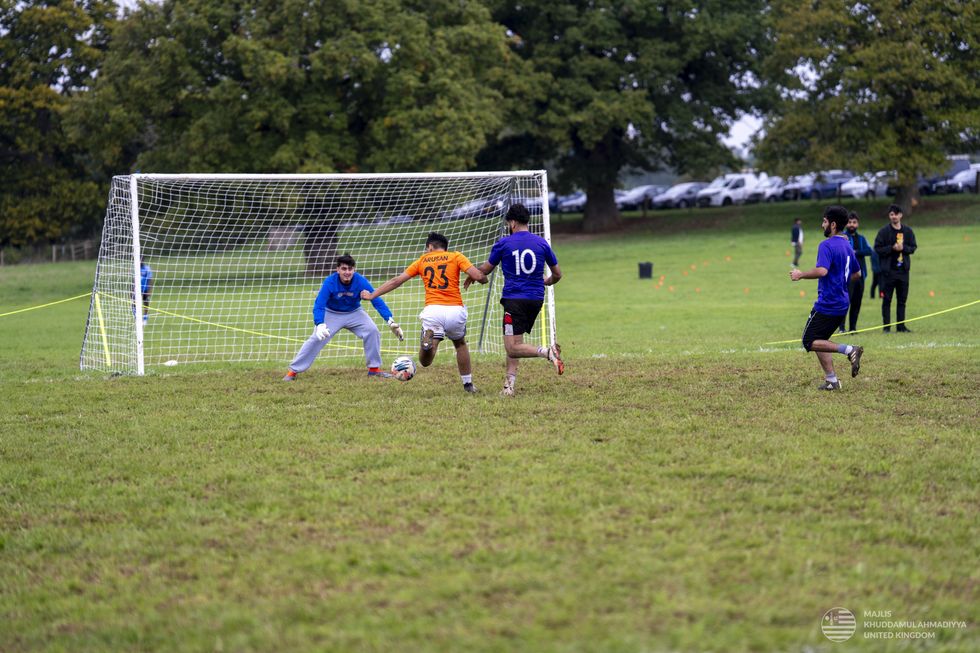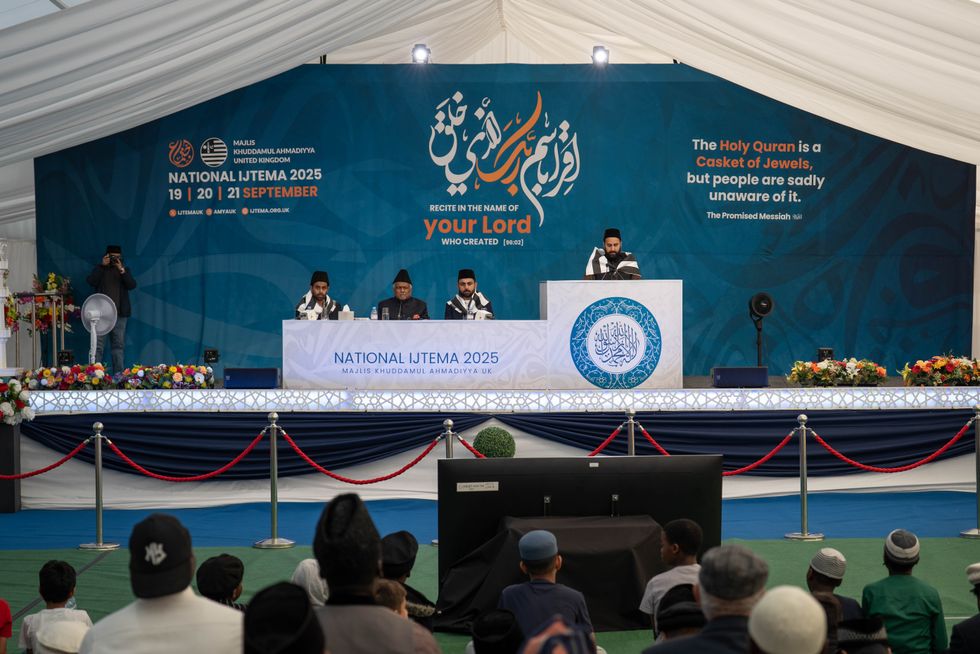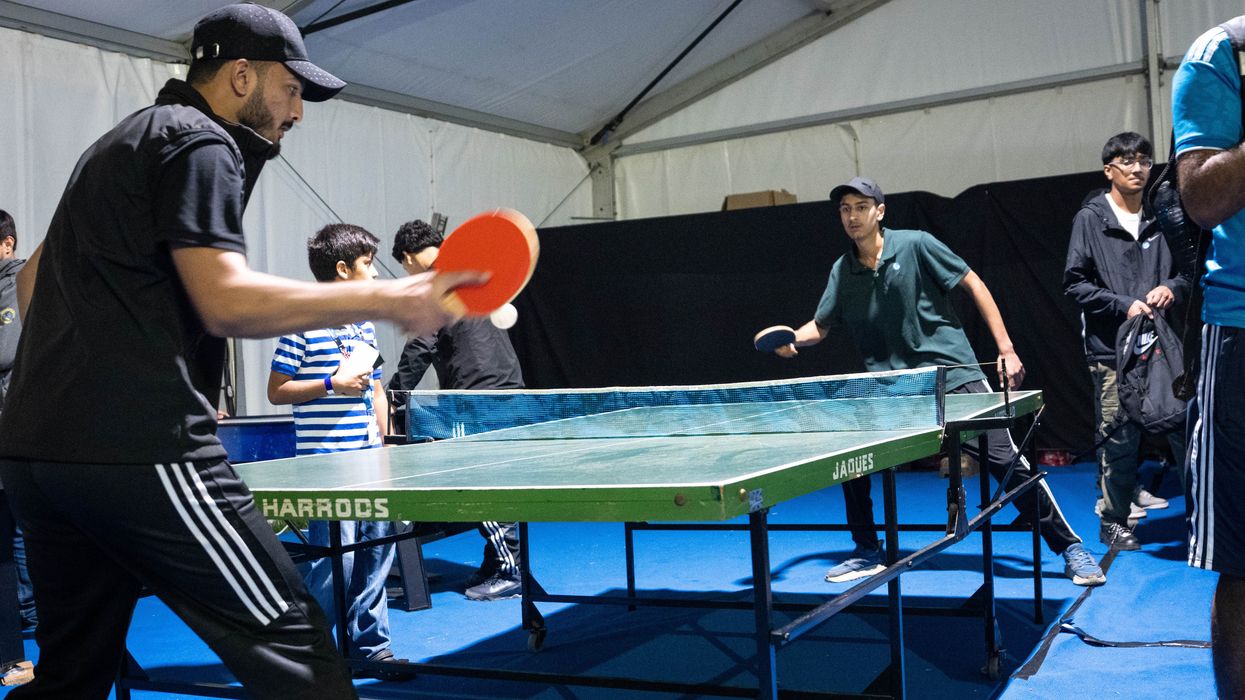The Ahmadiyya Muslim Youth Association UK (MKA UK), one of Britain’s oldest and largest Muslim youth organisations, successfully hosted its annual National Ijtema 2025 from 19–21 September at Hook Lane, Puttenham, Guildford.
More than 6,000 young British Muslims from across the country attended the three-day gathering, which combined academic competitions, sports, discussions, and faith-inspiring talks. The event reaffirmed MKA UK’s commitment to serving Britain and humanity through charitable initiatives including blood drives, food donations, and community projects.


The Ijtema highlighted Islam’s values of peace, loyalty, and service to one’s country, offering young people a supportive platform to address questions of faith and identity.
The highlight of the event was the keynote address by His Holiness Mirza Masroor Ahmad, Head of the worldwide Ahmadiyya Muslim Community, delivered on the final day and broadcast globally.




